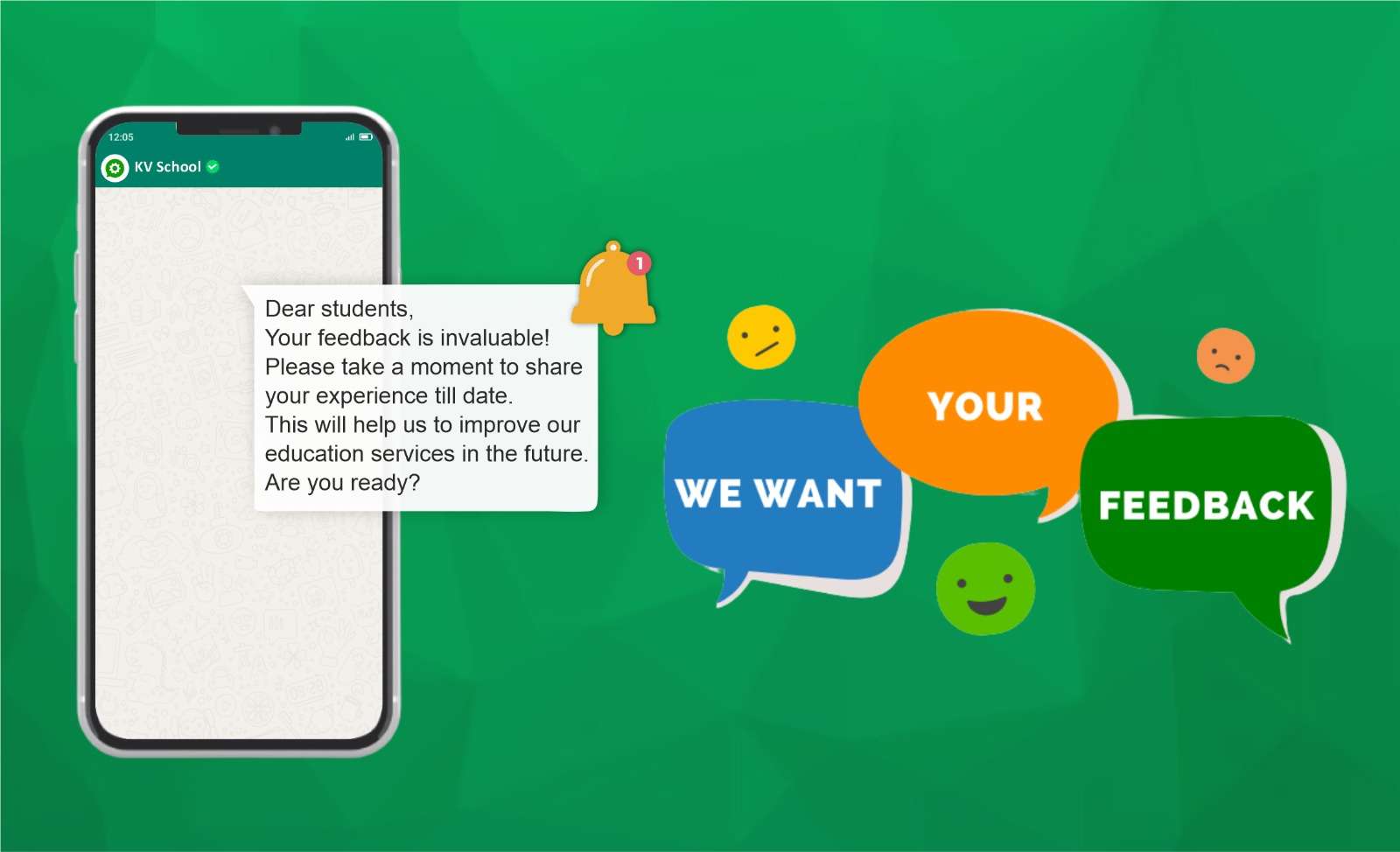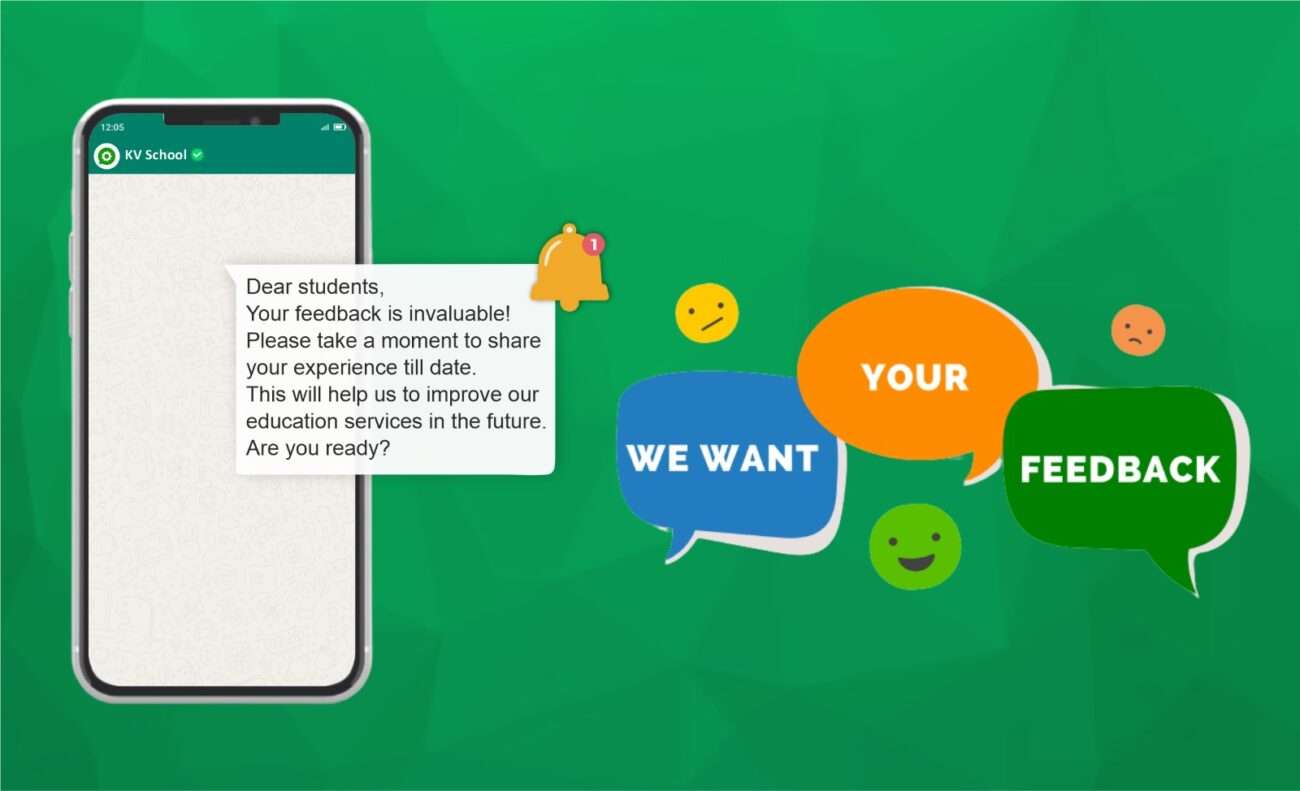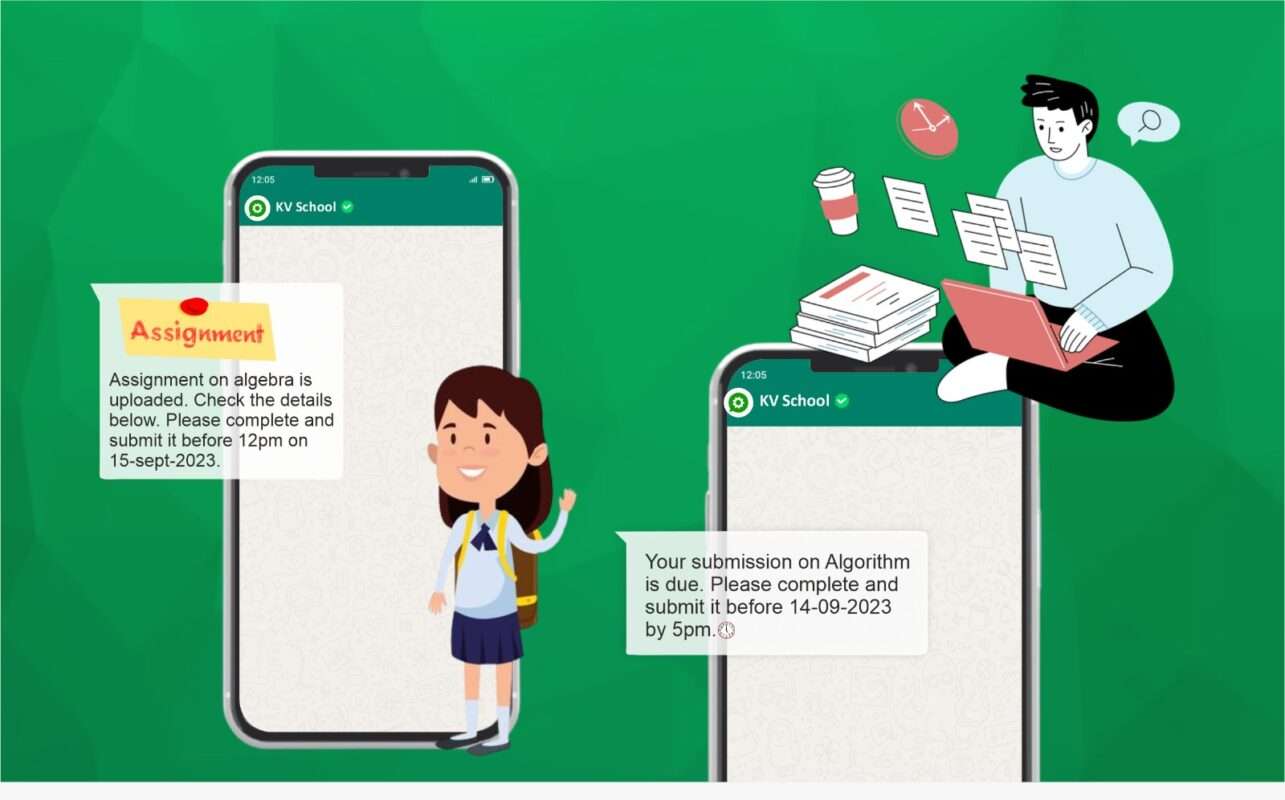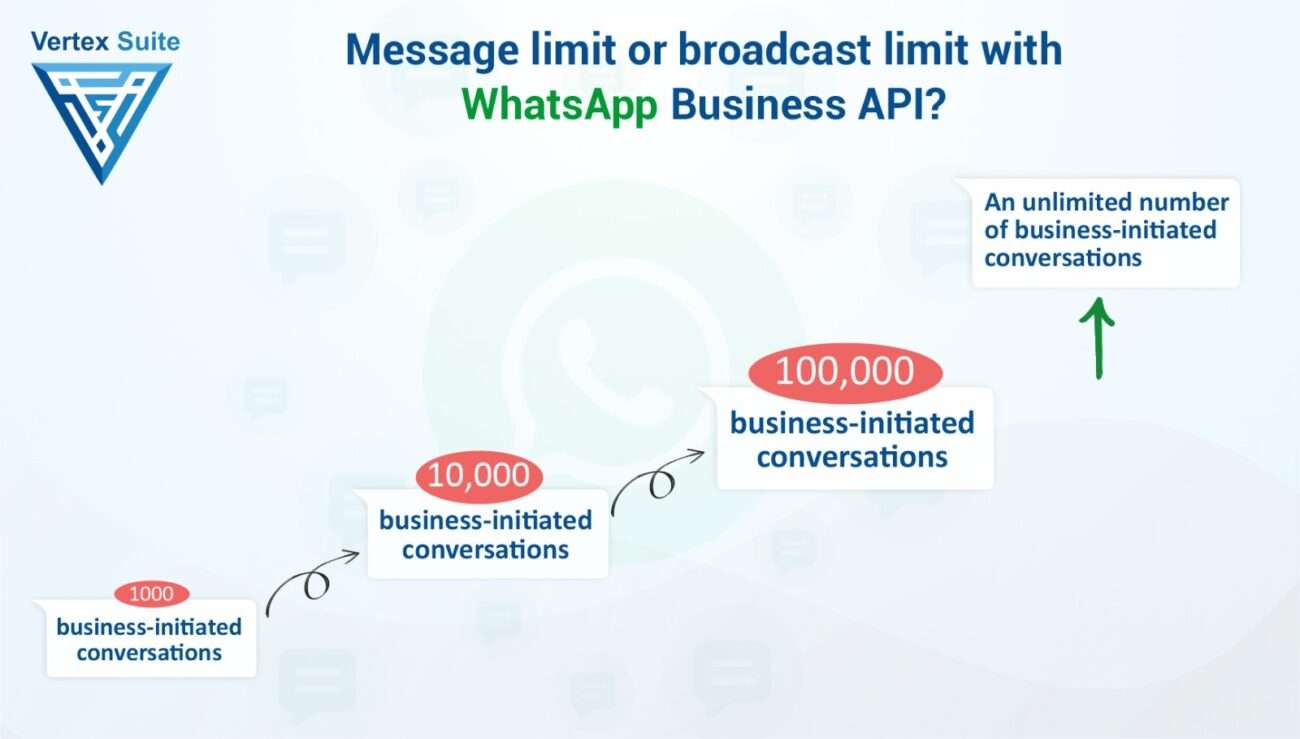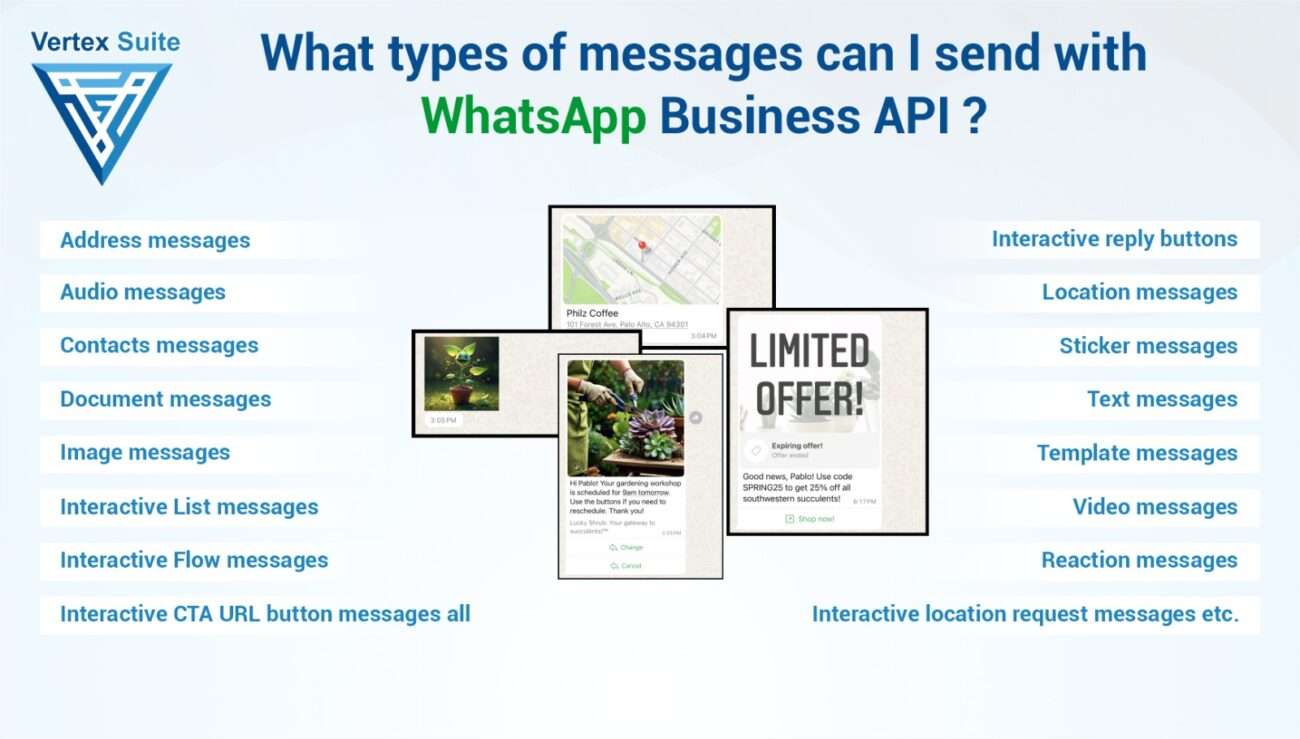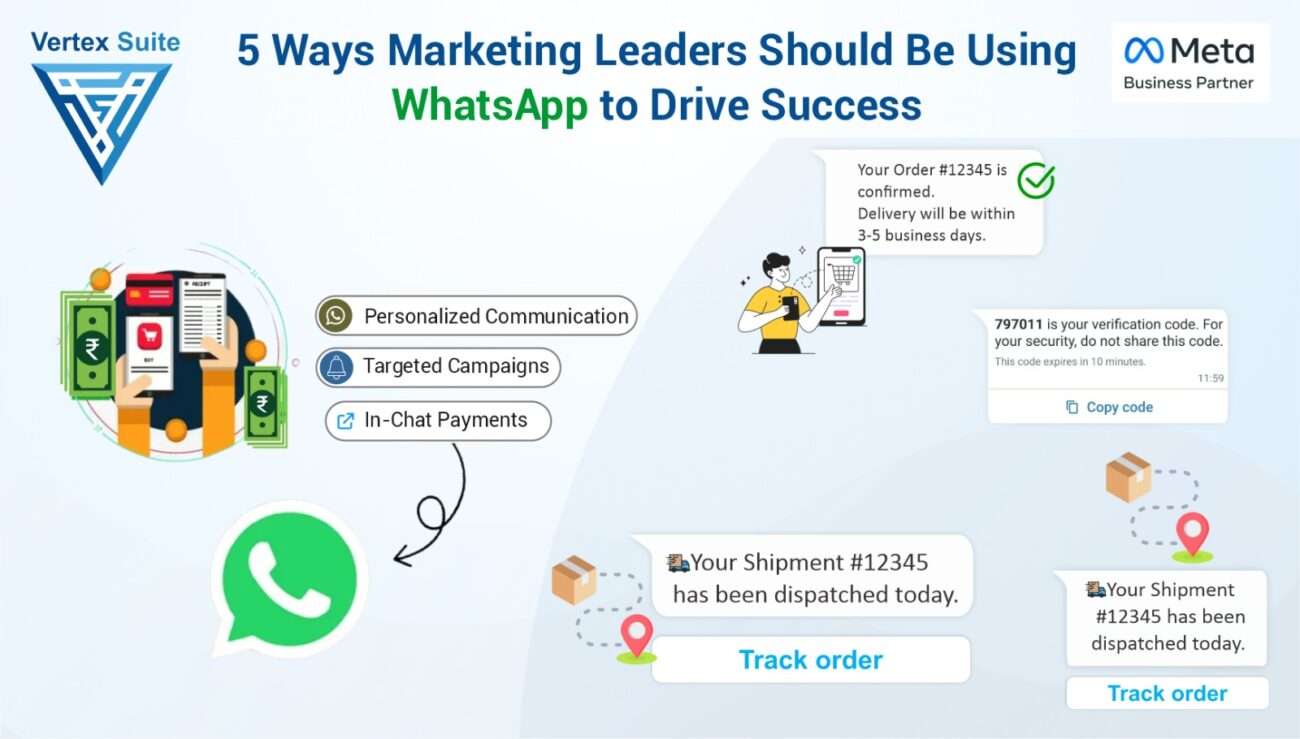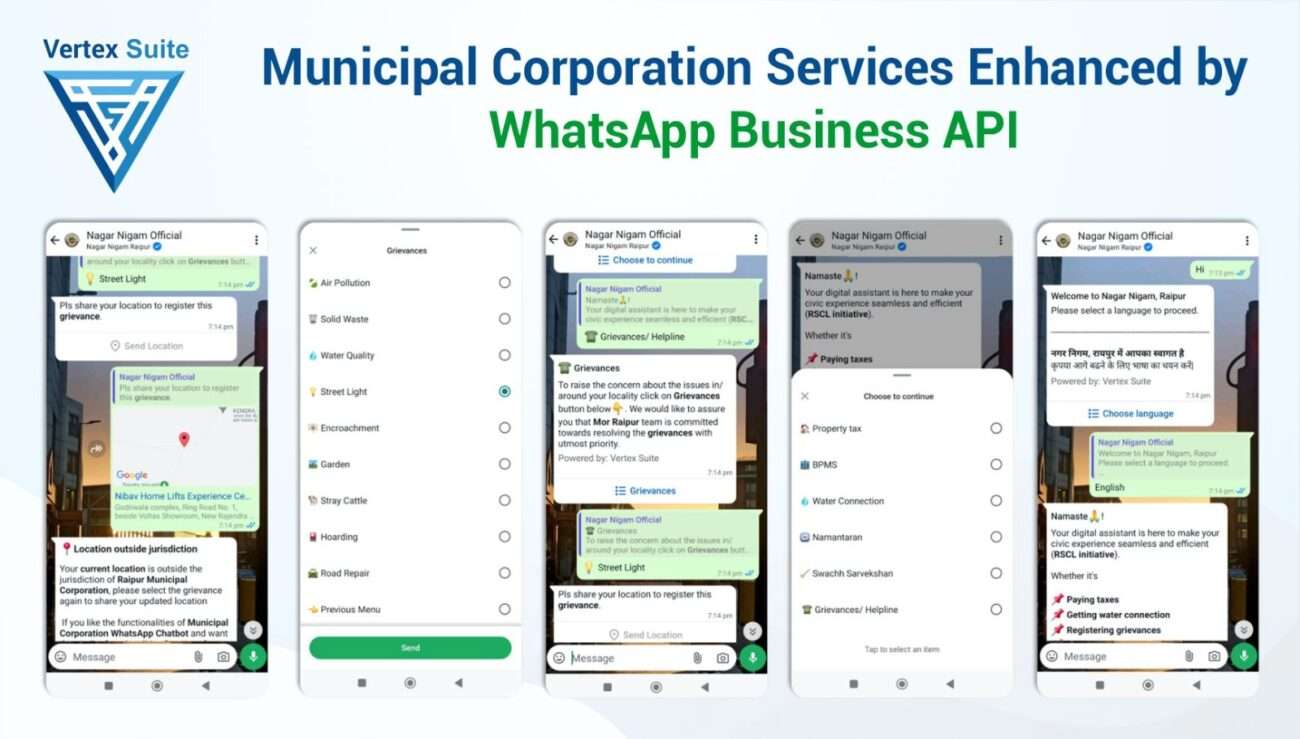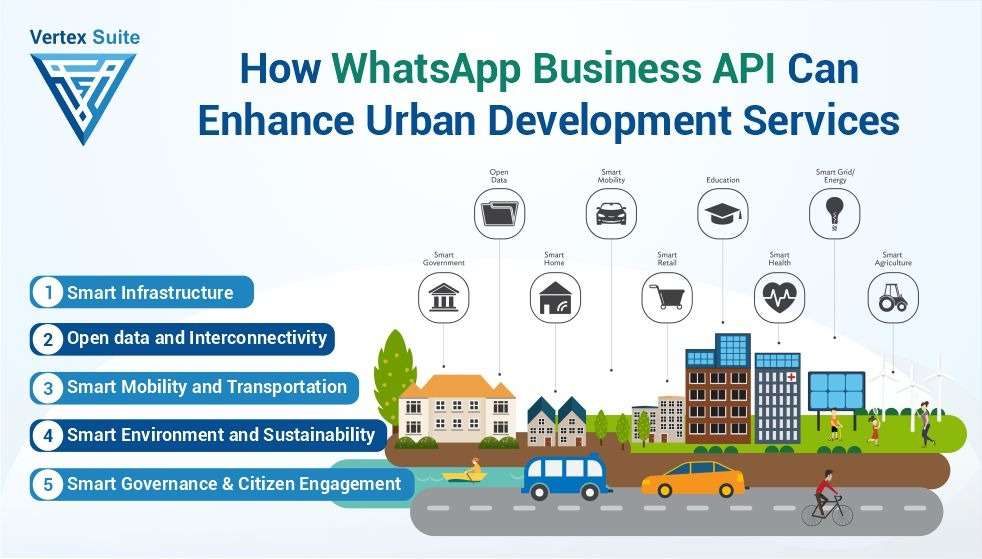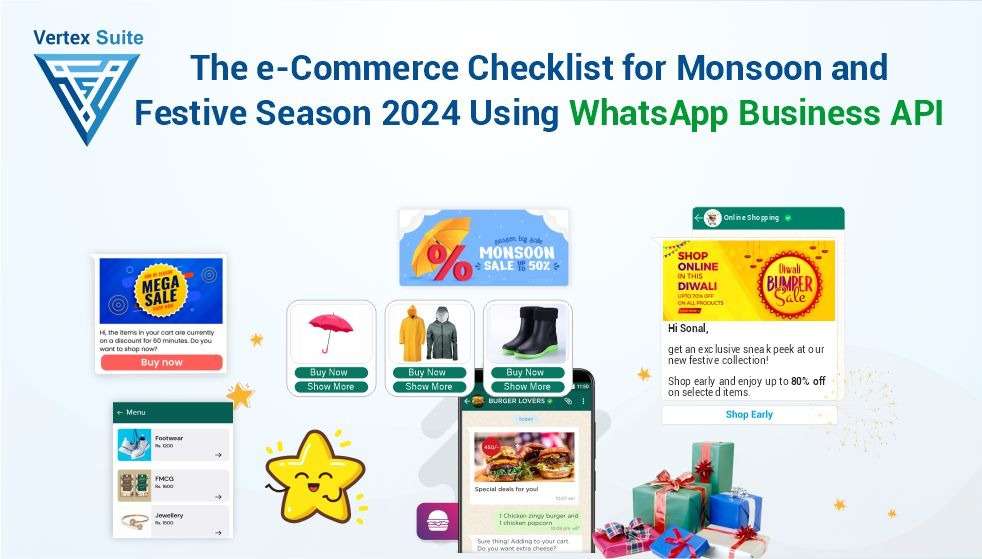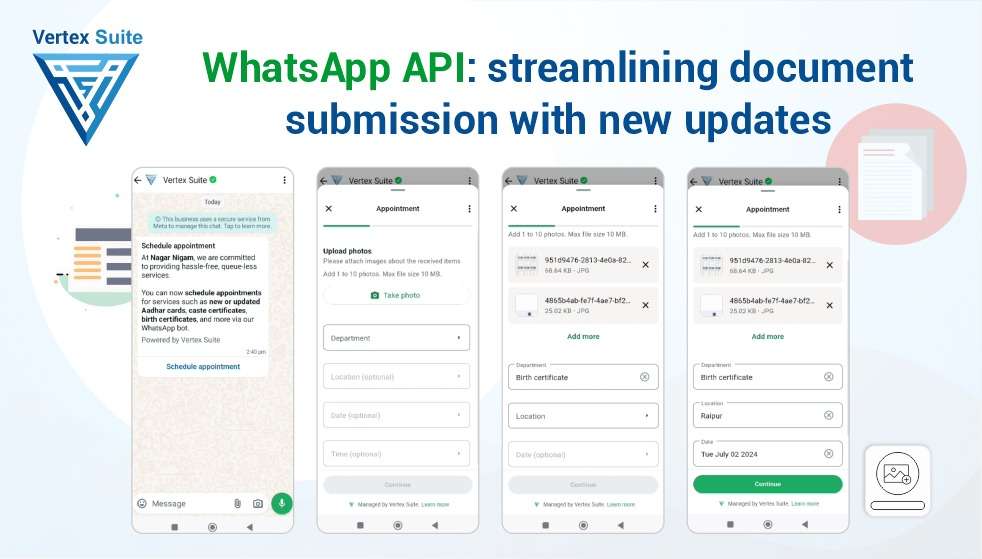The WhatsApp Business API is a powerful tool designed to enhance marketing efforts and strengthen business communication. Its streamlined customer interaction system helps reduce marketing efforts while scaling operations effectively. As a robust and secure platform, it ensures user experience is optimized by adhering to policies and restrictions.
The API’s data protection mechanisms and monitoring system verify your content, allowing only approved messages to move forward. WhatsApp is dedicated to providing a secure, reliable, and user-friendly platform for both individuals and businesses. The WhatsApp Business API policies are meticulously designed to ensure ethical and efficient use of the platform while maintaining a high standard of user experience.
These policies aim to:
1. Prevent Spam and Misuse: WhatsApp regulates messaging practices to ensure users are not overwhelmed with unsolicited or irrelevant messages, creating a respectful and trusted communication environment for businesses.
2. Protect User Data and Privacy: WhatsApp Business API employs robust encryption and data protection measures to safeguard sensitive user information. This ensures compliance with privacy laws and establishes trust among users.
3. Ensure High-Quality Interactions: By promoting meaningful and relevant conversations, businesses can improve user satisfaction and foster better engagement. Quality content and well-structured communication lay the foundation for impactful interactions.
4. Promote Ethical Business Practices: WhatsApp’s strict guidelines encourage businesses to follow transparent and responsible practices that align with the platform’s mission to deliver value and integrity.
Failure to comply with these policies may result in account suspension, messaging restrictions, or even permanent bans. Therefore, businesses must stay informed about WhatsApp’s guidelines and integrate them into their operational strategies to ensure long-term success and effective customer engagement.
Through this blog, we aim to provide insights into WhatsApp’s policies and essential guidelines, helping your business grow efficiently while staying compliant with these regulations.
1. Key Policies for WhatsApp Business API
Opt-In Requirement
To initiate any conversation with users via WhatsApp, businesses must obtain explicit consent or "opt-in" from them. This ensures that users are willing participants and not subjected to unsolicited messages.
What Counts as Opt-In?
The opt-in process involves users voluntarily providing their consent. Examples include:
Users sharing their phone numbers and agreeing to receive messages.
Signing up through online forms, apps, or during in-person interactions.
Providing explicit consent in response to a message or prompt.
Best Practices for Opt-In:
Clearly state the type of messages users will receive (e.g., promotional offers, updates, or notifications).
Use transparent language about the nature and frequency of communication.
Provide users with an easy option to opt-out at any time.
Why is Opt-In Important?
Opt-in ensures that businesses only send messages to users who have explicitly agreed to receive them. This not only maintains trust on the WhatsApp platform but also enables businesses to manage customer interactions ethically and effectively. It fosters a better user experience and strengthens the business's credibility.
2. Compliance with Meta Policies: Data Privacy and Security
When we use WhatsApp Business API for our businesses, ensuring the privacy and security of customer data isn’t just a responsibility—it’s a commitment. Meta has outlined clear policies to protect user data, and as businesses, we must align with them to maintain trust and credibility.
WhatsApp itself doesn’t store message data, so it becomes our responsibility to handle customer information with utmost care. Whether it’s meeting global regulations like GDPR in Europe or CCPA in California, our goal should always be to prioritize user data protection.
What We Need to Focus On
I. Data Encryption:
Encrypting sensitive customer data, such as personal details or transaction records, isn’t optional—it’s essential. This ensures that no unauthorized party can access this data.
II. Safe and Secure Servers:
Every piece of customer data we handle should be stored on secure servers that meet global standards. Using reliable servers prevents data breaches and safeguards our customers' trust.
III. Transparency with Customers:
We must clearly tell our customers how their data is being stored and used. If someone doesn’t feel comfortable sharing their data, we need to respect that. This is where complying with regulations like GDPR or CCPA becomes so important.
IV. Respecting User Consent:
Collecting user data without their explicit consent is a big no. Each customer interaction should be based on their approval, ensuring they are aware of what they’ve agreed to.
3. Best Practices for Staying Compliant
I. Keep Data Private:
Always encrypt and secure customer information, whether it’s being stored or shared. Privacy isn’t just about compliance—it’s about showing respect for your customers.
II. Limit Access:
Only authorized team members should have access to sensitive customer data. This helps prevent accidental misuse or data leaks.
III. Regularly Review Practices:
Conduct regular checks to ensure your business practices align with Meta’s policies and local data regulations. Fixing issues early is better than dealing with penalties later.
IV. Respect Opt-Out Requests:
If a customer no longer wants to receive updates or messages, make it easy for them to opt out. It’s a small gesture, but it goes a long way in building trust.
V. Act Quickly During a Breach:
In case of any security concern, act immediately. Notify the affected customers and resolve the issue promptly to minimize damage.
Why This Matters
Compliance isn’t just about avoiding penalties—it’s about creating a secure environment where customers feel valued and protected. When customers trust that their information is safe, they are more likely to engage with us and stay loyal.
Meta’s policies aren’t restrictions; they’re guidelines to help us grow responsibly. By embracing these practices, we ensure that our businesses remain trustworthy, ethical, and successful.
To maximize the effectiveness of the WhatsApp Business API while staying compliant, it’s essential to follow these best practices. These guidelines ensure smooth operations, improved engagement, and adherence to WhatsApp policies.
A. Create High-Quality Message Templates
I. Clarity and Conciseness: Ensure your messages are clear, concise, and easily understandable. Avoid unnecessary jargon or lengthy messages.
II. Personalization: Make your messages more engaging by including personalized elements like the recipient’s name, location, or recent purchases. This fosters a stronger connection with your audience.
III. Relevance: Always send content that aligns with your user’s preferences and avoid irrelevant or misleading information. This minimizes complaints and enhances user trust.
B. Segment Your Audience
Segmenting your audience helps in delivering targeted and relevant messages. Use factors like demographics, purchase history, or preferences to create tailored audience groups. This reduces spam complaints and improves engagement rates, making your campaigns more effective.
C. Monitor Dashboard Analytics
Regularly review your WhatsApp Business API dashboard to monitor key metrics, such as:
- Message delivery rates: Track how many messages are successfully delivered.
- Opt-in/Opt-out rates: Understand user preferences and adjust accordingly.
- Quality ratings: Maintain high-quality interactions to avoid penalties.
Use these insights to refine your messaging strategy, ensuring both compliance and effectiveness.
D. Train Your Team
A well-informed team ensures smooth and compliant operations. Provide regular training on:
I. Template Creation:
Teach them to create well-structured, clear, and policy-compliant templates.
II. Opt-In Management:
Guide them on managing opt-in services effectively to build trust with users.
III. Complaint Handling:
Equip your support team to handle user complaints or queries promptly and professionally.
4. Consequences of Non-Compliance
Failure to adhere to WhatsApp policies can lead to serious consequences, such as:
I. Temporary or Permanent Bans: Repeated violations, spamming, or misuse can result in account suspension.
II. Reduced Messaging Limits: Low-quality ratings may restrict your ability to send messages to more users.
III. Template Rejections: Non-compliant or inappropriate content will not be approved for use.
5. Common Mistakes to Avoid
Sending unsolicited messages without proper opt-in consent.
Using vague or misleading language in message templates.
Ignoring user complaints or feedback.
Failing to provide clear opt-out options for users.
6. Advantages of Staying Compliant
I. Increased User Trust: Compliance builds credibility and strengthens user confidence in your brand.
II. Higher Template Approval Rates: Policy-aligned templates are more likely to be approved quickly.
III. Smooth Scalability: Adherence to guidelines facilitates increased messaging limits and business growth.
IV. Enhanced Reputation: Maintaining ethical practices improves your brand’s image and market position.


